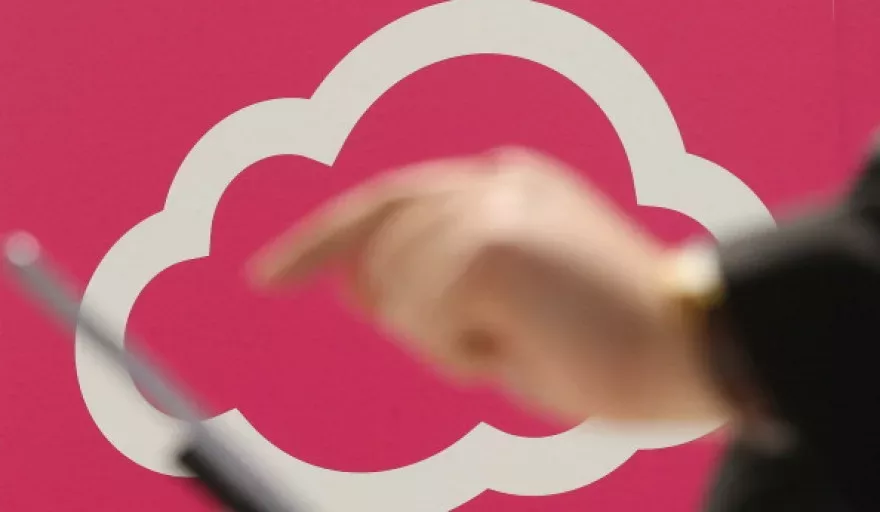Bangalore could benefit from a cloud-based technology network, which will make garbage disposal and recycling more efficient, provide better working conditions for people who collect and separate the garbage, and lead to city streets that don’t double as dumps.
The city’s garbage problem comes from its two-decade transformation into India’s technology capital, so it seems appropriate that a new plan to clean up the mess is coming from an executive at one of the city’s technology companies. The cloud computing solution has been developed by Prashant Mehra, who is currently testing the platform privately via the Bangalore-based company Mindtree.
“Bangalore generates about 6000 tonnes of solid waste every day of which 15 to 20 per cent is dry and recyclable,” Mehra of Mindtree stated. This is a result of an expansion in the city’s population from 4.3 million people in 2001, to about 9.6 million as of 2011; transforming a calm and relatively small city into a glass-walled hub of technology companies seeking skilled labour at lower prices than they would pay in other countries.
Currently, the Bangalore municipal authority (BBMP) appoints contractors to collect unsorted garbage and takes it to landfills on the outskirts of the city. However, these landfills are almost full and nearby residents have complained of illnesses brought on by their proximity to this level of waste. Also, there are no strict policies in place to separate recyclables and other kinds of dry waste that can be collected, sold and reused. 2012 saw the municipal garbage collector strikes in Bangalore, which resulted in the streets filling up with general waste. Not to mention the 25,000 ‘ragpickers’, who sift through this rubbish to find valuable material to sell.
“The biggest advantage of the I got Garbage platform is that it will ease out the management issues. The problem now is that we may not always be able to monitor the leaves and absences of waste pickers since we deal with about 7000 of them. This system will ease that for us and also help keep Dry Waste Collection Centre records for us,” said Nalini Shekar, co-founder of Hasiru Dala (Green Squad), who is working to support Mehra’s scheme.
There are around 25 non-governmental organisations that are helping to improve the waste disposal process. Mehra’s I got Garbage technology network is now being tested on a limited basis among apartment building, garbage contractors, ragpickers and other groups who try and coordinate these efforts through a central computerised repository of information. The goal is to get 7000 collectors on one cloud-based system with 21 people acting as trainers and managers. The ragpickers will collect the recyclable material directly from apartment blocks that participate in the program, and then take dry waste to collection centres where they can sell it.



































